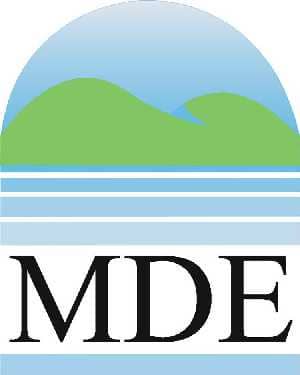Portion of Chester River in Maryland Approved for Shellfish Harvesting
OutdoorHub 09.14.12

Bacteria levels decrease; section of river open to harvesting at any time starting Monday
The Maryland Department of the Environment is reclassifying an area of the Chester River in Queen Anne’s and Kent counties to allow oysters and clams to be harvested at any time.
The change – which is effective Monday, September 17 – is based on a recent evaluation that showed decreased levels of bacteria in the waterways.
The area affected is from below Ashland Landing downstream to Spaniard Point. That area has been reclassified to “approved” for shellfish harvesting. The area had been previously classified as “conditionally approved.” Under the “conditionally approved” classification, oysters and clams can not be harvested for three days following a rainfall event of one inch or greater over 24 hours. They can be harvested at all other times.
Areas of the river further upstream remain conditionally approved, and the headwaters of the river remain closed to shellfish harvesting.
Information on shellfish harvesting areas is available on MDE’s website. These designations apply only to the harvesting of shellfish (oysters and clams); they do not apply to fishing or crabbing. Consumption advisories for recreationally caught fish and crabs can also be found on MDE’s website.
MDE monitors bacteriological water quality and conducts pollution source surveys to determine which areas are safe for the harvesting of shellfish. The Department is required to close areas that do not meet the strict water quality standards for shellfish harvesting waters and it has a longstanding policy to reopen areas to shellfish harvesting when water quality improves.
Shellfish are filter feeders with the ability to filter water and get food from microscopic organisms in the water. If the waters are polluted, this filtering process can concentrate disease-causing organisms associated with raw sewage and other sources, such as animal waste. Oysters and clams are often eaten raw or partially cooked and must come from waters that are not polluted.
These actions are necessary to protect public health by preventing harvest from the areas impacted and ensure Maryland remains in compliance with the National Shellfish Sanitation Program.

